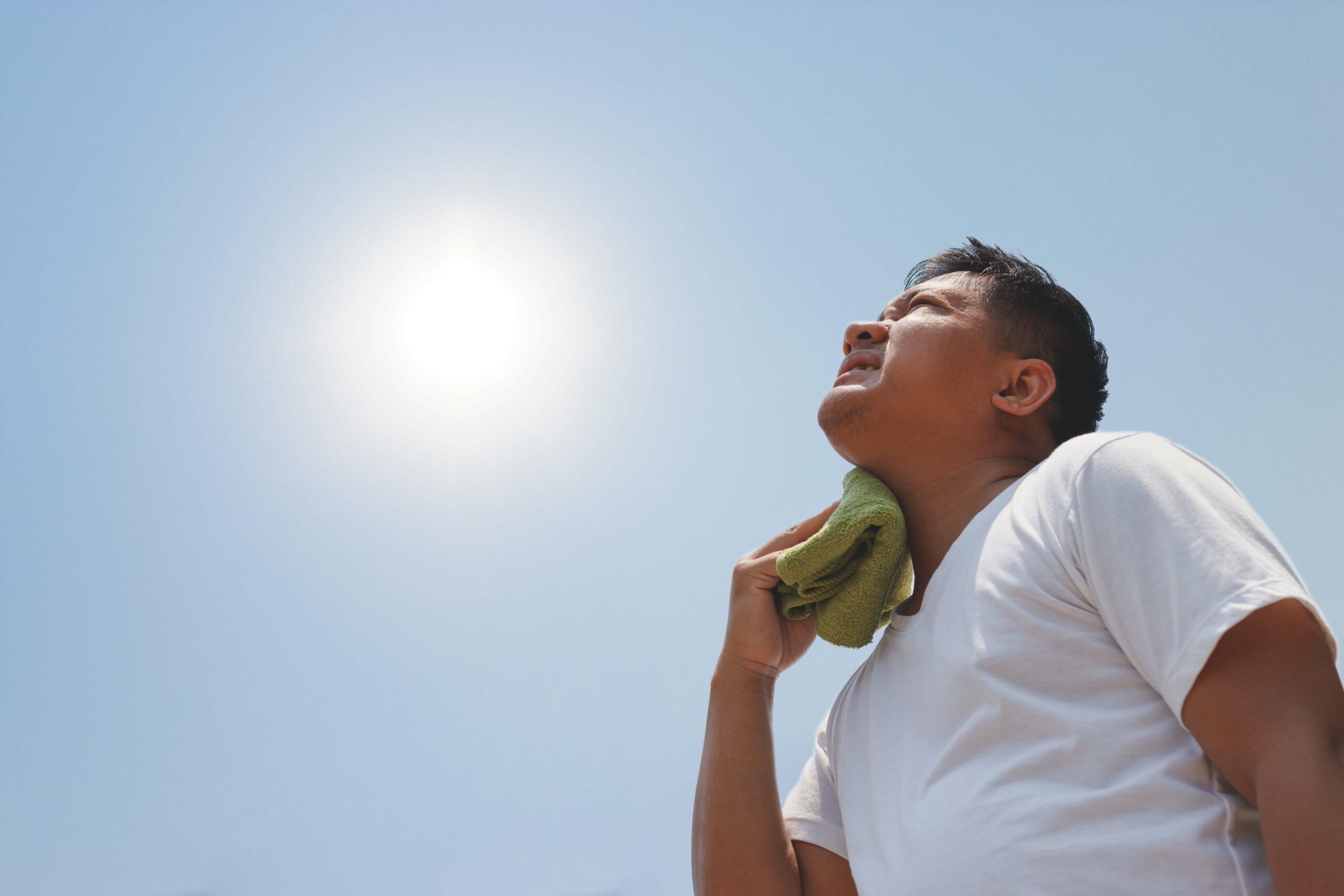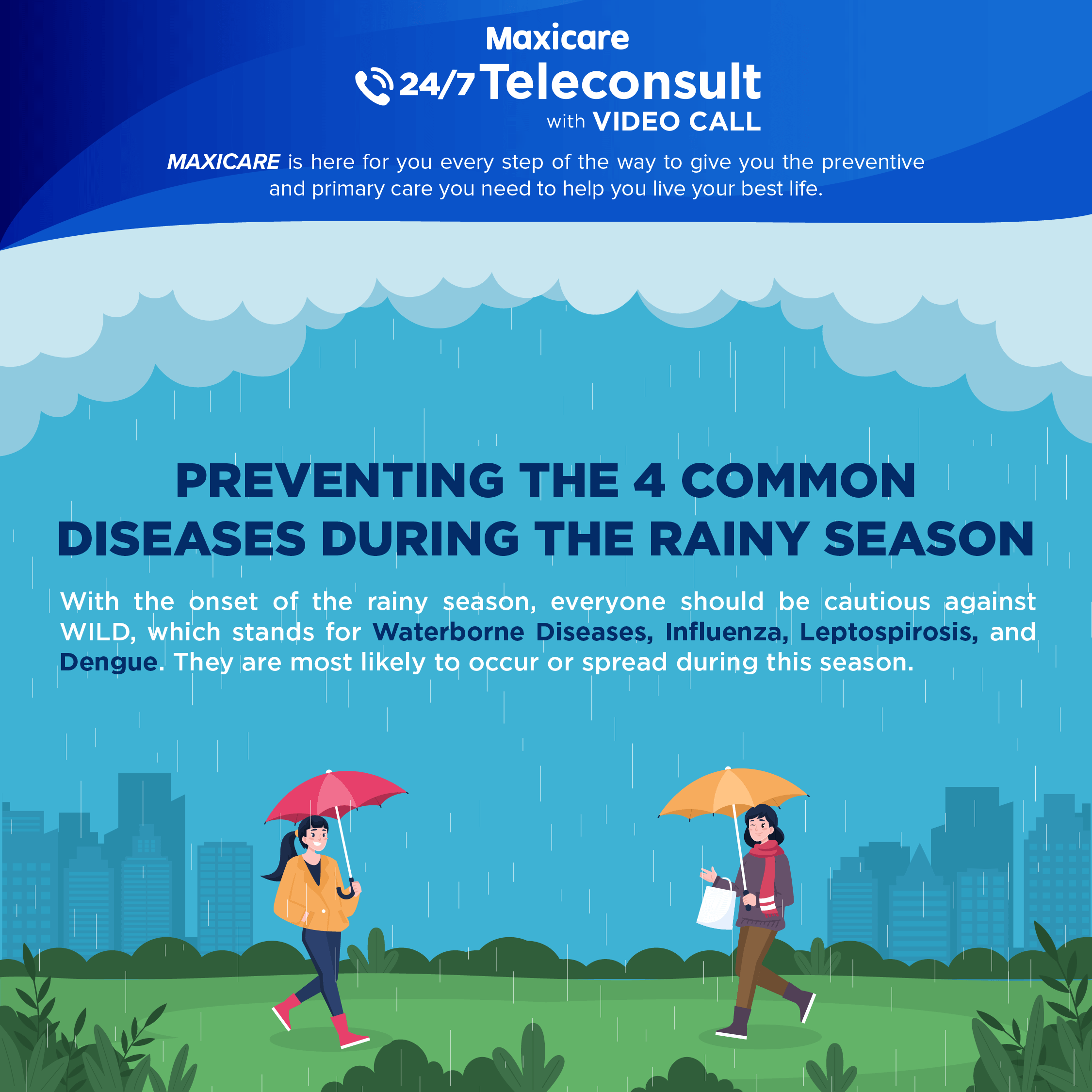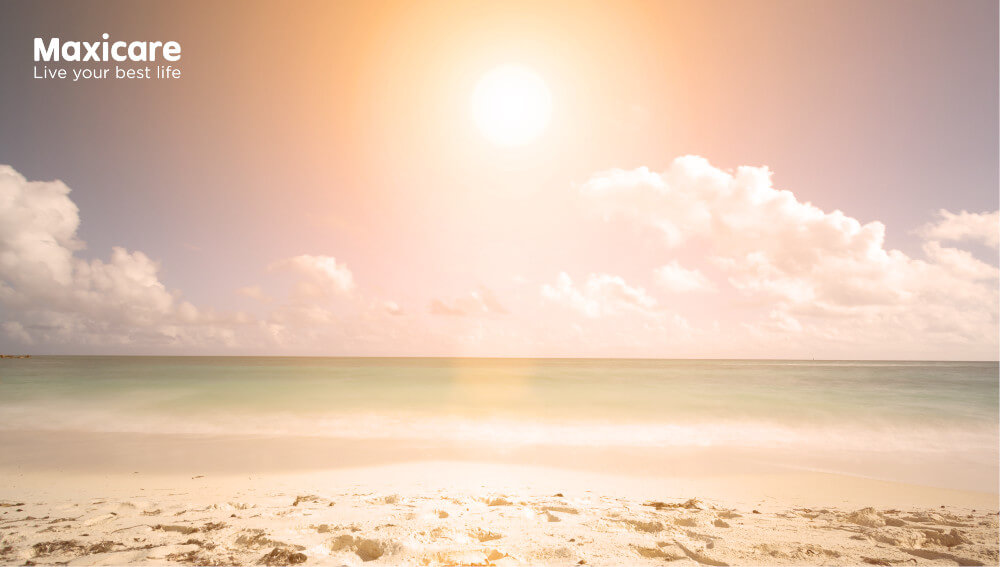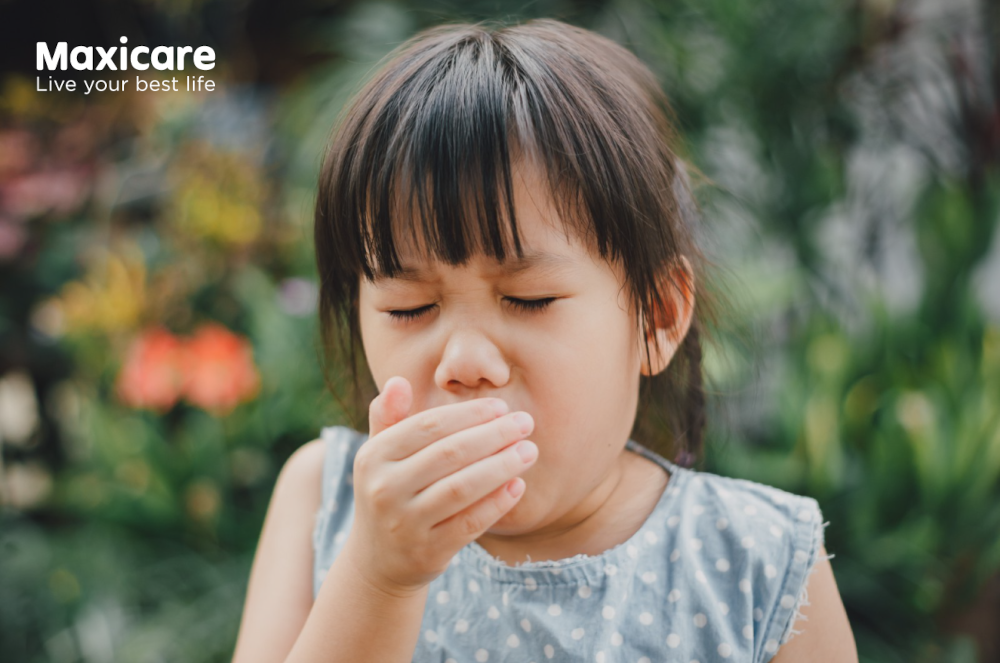
People exposed to extreme heat or work in hot environments may be at risk of heat stress, resulting in heat stroke, heat exhaustion, heat cramps, or heat rashes.
Heat Stroke
This occurs when the body can no longer control its temperature. It can cause permanent disability or death if the person does not receive emergency treatment.
Signs & Symptoms
- Altered mental status
- Seizures
- Slurred speech
Heat Exhaustion
This is the body’s response to an excessive loss of water and salt, usually through excessive sweating.
Signs & Symptoms
- Nausea
- Weakness
- Heavy sweating
Heat Cramps
This usually affects individuals who sweat a lot during strenuous activity. Excessive sweating depletes the body’s salt and moisture levels, causing painful cramps.
Signs & Symptoms
- Muscle cramps
- Muscle pain
- Muscle spasms in the abdomen, arms, or legs
Heat Rashes
This skin irritation is caused by excessive sweating during hot, humid weather.
Signs & Symptoms
- Red clusters of pimples or small blisters
- Usually appears on the neck, upper chest, groin, under the breasts, and in elbow creases
Two tips on how to prevent any of the above-mentioned heat-related illnesses:
Stay Cool
- Wear lightweight, loose-fitting clothing
- Stay in a well ventilated place as much as possible
- Try to limit your outdoor activity to when it is the coolest
Stay Hydrated
- Drink more fluids, regardless of how active you are
- Stay away from very sugary or alcoholic drinks—these cause you to lose more body fluid
- Consuming a sports drink can replace the salt and minerals you lose in sweat
Heat-related illnesses are life-threatening conditions, so keep hydrated when the temperature is high. If you are experiencing any signs and symptoms of heat stress, consult a doctor via Maxicare’s 24/7 Teleconsult Hotline, Videoconsult services powered by the Doctor Anywhere App, or Maxicare Primary Care Clinic (PCC). You may also visit a PCC or request HomeCare for lab tests and diagnostic procedures.
References:
https://www.cdc.gov/niosh/topics/heatstress/default.html
https://www.cdc.gov/disasters/extremeheat/heattips.html
https://www.cdc.gov/niosh/topics/heatstress/heatrelillness.html














